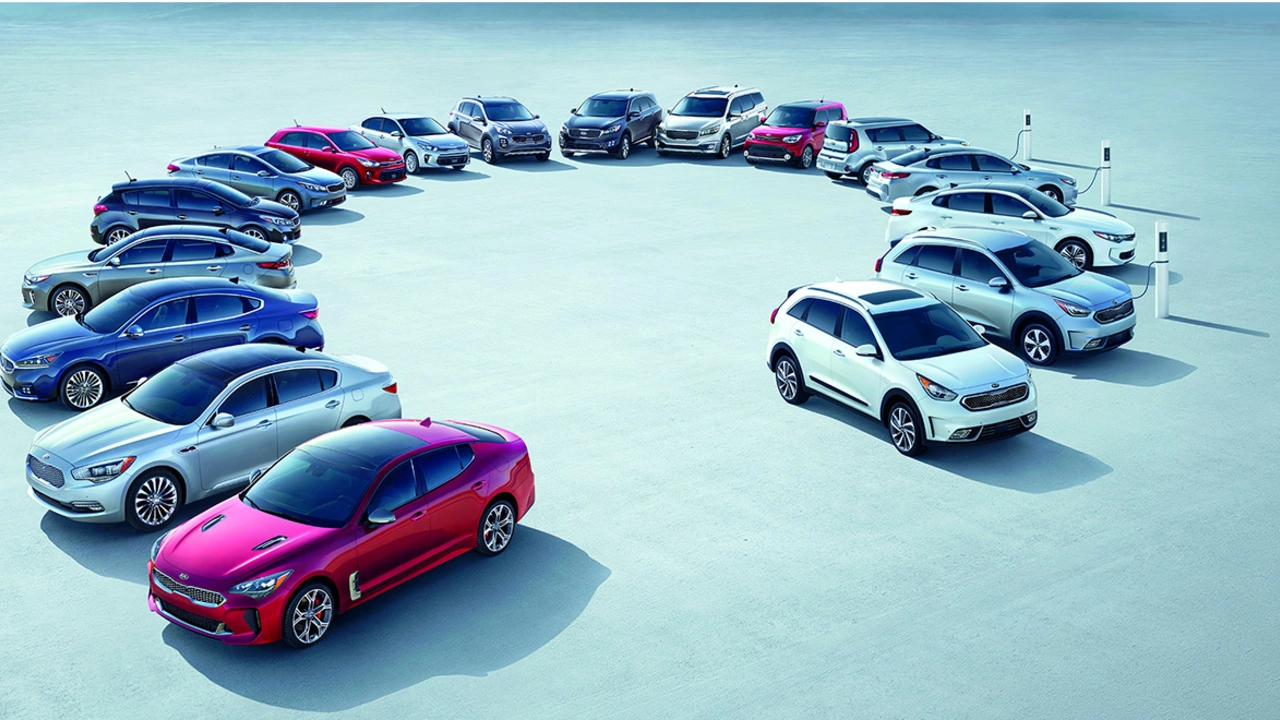Understanding the Basics of Luxury Cars
When we think of luxury cars, we imagine sophistication, comfort, and cutting-edge technology. These vehicles are designed to be the epitome of style and function, with every detail meticulously crafted to ensure a superior driving experience. However, it's important to note that luxury doesn't always equate to reliability. In fact, many luxury cars have been found to be less reliable than their more affordable counterparts.
Why Luxury Car Brands are Deemed Unreliable
The perception that luxury car brands are unreliable is due to a variety of reasons. Often, these vehicles come with complex technology and features that, while exciting, can lead to more frequent repairs. Additionally, they often require specialized care that isn't always readily available. This can make maintenance more challenging and costly, contributing to the perception of unreliability.
The Role of Sophisticated Technology
Luxury vehicles are known for being at the cutting edge of technology. They often come with advanced features like adaptive cruise control, automatic parking, and complex infotainment systems. While these features can make the driving experience more enjoyable, they also increase the potential for things to go wrong. More technology often means more opportunity for malfunction.
High Maintenance and Repair Costs
Another factor that contributes to the perception of unreliability is the high cost of maintenance and repairs. Luxury cars are built with high-end materials and parts, which can be expensive to replace. Furthermore, these vehicles often require specialized mechanics, which can also drive up the cost of repairs. This can create the impression that these cars are unreliable due to the frequent and costly repairs.
Influence of Depreciation
Luxury cars are also known to depreciate faster than other cars. This rapid loss of value can contribute to the perceived unreliability. Even if the car performs well, the high depreciation rate can lead to the impression that it is not a good investment, and therefore, not a reliable choice.
Comparing Luxury Brands and Economy Brands
When compared to economy brands, luxury cars often fall short in terms of reliability. This is due to a number of factors, including the complexity of their features and the high cost of their parts. These factors can make luxury cars more difficult and expensive to maintain, leading to a perception of unreliability.
Impact of Brand Reputation
Brand reputation also plays a crucial role in the perceived reliability of luxury cars. Some luxury brands have faced criticism over the years for various issues, leading to a negative perception of their reliability. These negative perceptions can be difficult to shake, even if the brand has made improvements in recent years.
Reliability vs. Luxury: Striking a Balance
While it's true that many luxury cars come with their fair share of challenges, it's important to remember that these vehicles also offer numerous benefits. They provide unmatched comfort, advanced technology, and a superior driving experience. The key is to find a balance between the luxury features you desire and the reliability you need.
The Bottom Line
Ultimately, the reliability of a car can vary greatly depending on the make, model, and individual car history. While luxury cars can pose certain challenges, they also offer unique benefits that may outweigh the potential drawbacks for some drivers. It's important to do your research and understand the pros and cons before making a decision.
Moving Forward with Your Luxury Car Purchase
Before purchasing a luxury car, it's important to do your homework. Research the brand's reputation, understand the maintenance and repair costs, and consider the vehicle's depreciation rate. By being well-informed, you can make a decision that aligns with your needs and expectations, ensuring you enjoy the benefits of a luxury car without the unexpected drawbacks.
